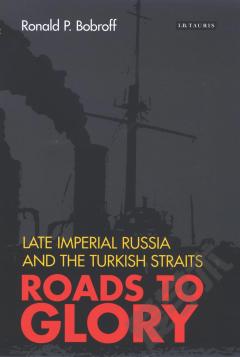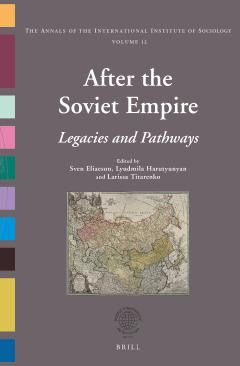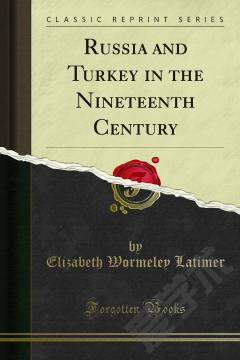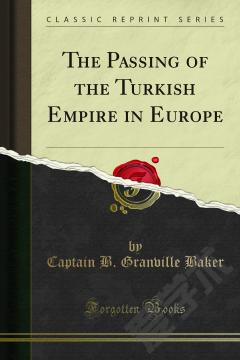Roads to Glory —— Late Imperial Russia and the Turkish Straits
----- 光荣之路
Until now, it has been accepted that the Turkish Straits - the Russian fleet's gateway to the Mediterranean - were a key factor in shaping Russian policy in the years leading to World War I. Control of the Straits had always been seen as the major priority of Imperial Russia's foreign policy. In this powerfully argued revisionist history, Ronald Bobroff exposes the true Russian concern before the outbreak of war: the containment of German aggression. Based on extensive new research, Bobroff argues that under the pressures of World War I, Russian foreign policy became less flexible than in the years before, dragging out the war and opening the door to revolution. The Straits were a crucial strategic and economic zone for Russia but became a secondary concern as the pre-war German threat grew. Russian leaders maintained the traditional preference for control of the Straits by a weak Ottoman Empire. At the start of the war, Russian leaders maintained this policy toward the Straits. However, once Turkey joined the war on the side of the Central Powers, Russia began to lay claim to the Straits region. As confidence in the tsar dropped and sacrifices mounted during the lengthening war, the allegiance of many policy makers shifted from monarch to state and even people. To satisfy the people, the Russian foreign minister made acquisition of the Turkish Straits a primary goal, at the expense of strategic necessity. The foreign minister ignored the army's desires for a separate peace with Turkey that might free up troops for the fight against Germany and Austia-Hungary at the possible cost of acquiring the Straits. The prolonged war set the stage for the popular outbursts of 1917. Roads to Glory provides fascinating new insights into Russia's state development before the revolution through a thorough examination of the policies and personal correspondence of its policy makers. Through his detailed examination of the rivalries and alliances of the Triple Entente, Bobroff sheds new light on European diplomacy at the beginning of the twentieth century.
{{comment.content}}








 京公网安备 11010802027623号
京公网安备 11010802027623号